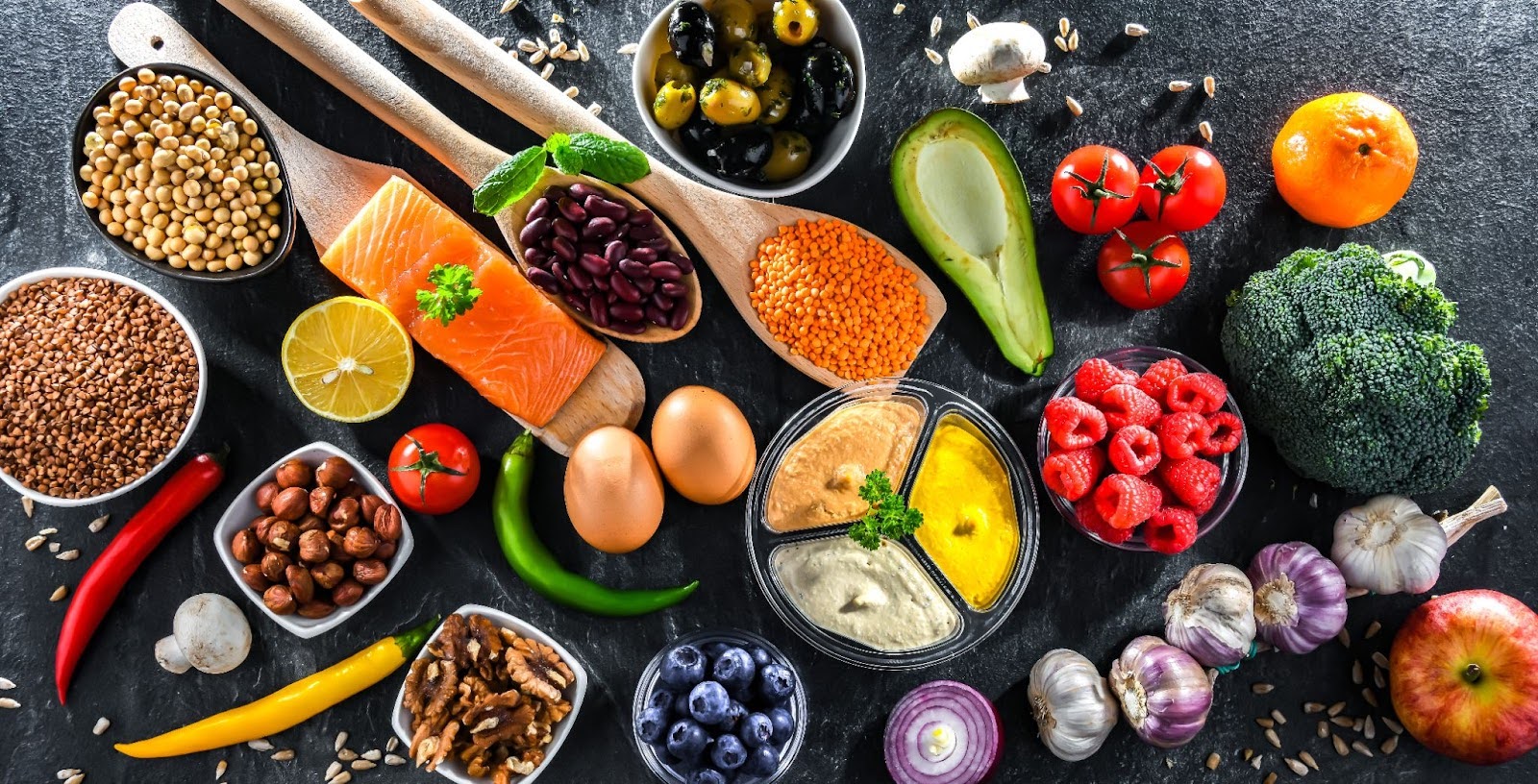
Let’s address alcohol! It’s a risky topic to address and explore, but nevertheless, it’s necessary. May I first say that for those who don’t drink alcohol, I am by no means encouraging you to start drinking. This is merely to go over evidence-based science regarding alcohol’s benefits and risks, and to highlight some healthier drink picks if you choose to partake.

The Effect of Alcohol:
The active ingredient in alcoholic beverages – a simple molecule called ethanol – affects the body in many different ways. It directly influences the stomach, brain, heart, gallbladder, and liver. It affects levels of lipids (cholesterol and triglycerides) and insulin in the blood, as well as inflammation and coagulation. It also alters mood, concentration, and coordination. Moderate drinking seems to be good for the heart and circulatory system, and probably protects against type 2 diabetes and gallstones. Heavy drinking is a major cause of preventable death in most countries. In the U.S., alcohol is implicated in about half of fatal traffic accidents. Heavy drinking can damage the liver and heart, harm an unborn child, increase the chances of developing breast and some other cancers, contribute to depression and violence, and interfere with relationships.
Dosage:
Alcohol is two-faced! Alcohol is a tonic and a poison. The difference lies in the dose and timing. There is a lot of debate on dosage, so I will just give you the summary: One drink/day for women, and two drinks/day for men limit. One drink equals 12 ounces of beer, 5 ounces of wine, or 1½ ounces of spirits (hard liquor such as gin or whiskey). Each delivers about 12 to 14 grams of alcohol. Lumping all seven drinks into one day is clearly not healthy and will land you in the risk category.

Mixed Drinks
If you do drink (and I hope moderately), create an alcoholic drink that boosts your health in some way with functional (or at least hydrating) ingredients (take out the alcohol if you wish!)…
– Red wine and apple sangria. The antioxidants in red wine (resveratrol, catechin) combined with antioxidants in apples (quercetin) work synergistically together, benefiting cardiovascular function.
– 1.5-ounce serving of vodka, rum, tequila, or whiskey are all comparable in calories. Alcoholic beverages become problematic when they’re served with unhealthy sugary mixers. Choose your liquor and dilute it with club soda and ice. Some fresh lemon or lime juice will provide an extra bit of refreshing flavor, without adding the sugar and artificial ingredients.
My favorite is Vodka, soda water, and veggies or fruit. Vodka is sugar-free, and soda water keeps you hydrated and provides the satisfaction of carbonation without the sugar hangover. Stir in a slice of cucumber and a lemon twist to infuse it with some vitamins and a delicious, luxurious, all-natural flavor.
– Kombucha mixer with Vodka. A delicious summer cocktail or mocktail [recipe: Healthy Ginger Peach Kombucha Mocktail/Cocktail recipe]. It’s tangy, naturally effervescent, and full of good-for-your-gut fermented probiotics. I like that the small amount of sugars it does contain serve a healthful purpose to feed the live cultures in the kombucha, instead of only sweetening the drink.
More drink ideas: https://www.brides.com/gallery/delicious-dietitian-approved-cocktail-recipes, http://www.myrecipes.com/healthy-diet/calorie-counts/healthy-cocktail-recipes#low-calorie-cocktails
Beer
Light beer is best, BUT, If you’re going to try to avoid light beers and still be healthy, Guinness and other stouts are a good option. More often than not, stouts are made with whole grains, which give them their darker, caramel flavor. Compared to a lager, both have vitamins B12 and soluble fiber, but only stouts have antioxidants. Some evidence even suggests these antioxidants can have the same health benefits as wine, by reducing the risk of blood clots and other heart problems.
The Bottom Line: Balancing Risks and Benefits
“Given the complexity of alcohol’s effects on the body and the complexity of the people who drink it, blanket recommendations about alcohol are out of the question. Because each of us has unique personal and family histories, alcohol offers each person a different spectrum of benefits and risks. Whether or not to drink alcohol, especially for “medicinal purposes,” requires careful balancing of these benefits and risks.
Your healthcare provider should be able to help you do this. Your overall health and risks for alcohol-associated conditions should factor into the equation. If you are thin, physically active, don’t smoke, eat a healthy diet, and have no family history of heart disease, drinking alcohol won’t add much to decreasing your risk of cardiovascular disease.
If you don’t drink, there’s no need to start. You can get similar benefits with exercise (beginning to exercise if you don’t already, or boosting the intensity and duration of your activity) or healthier eating. If you are a man with no history of alcoholism who is at moderate to high risk for heart disease, a daily alcoholic drink could reduce that risk. Moderate drinking might be especially beneficial if you have a low HDL that just won’t budge upward with diet and exercise.
If you are a woman with no history of alcoholism who is at a moderate-to-high risk for heart disease, the possible benefits of a daily drink must be balanced against the small increase in the risk of breast cancer.
If you already drink alcohol or plan to begin, keep it moderate—no more than two drinks a day for men or one drink a day for women. And make sure you get plenty of folate – at least 600 micrograms a day.”
If you do decide to indulge in your moderate drink intake, make sure to drink plenty of water before and after your alcoholic drink (and in it if you’re smart!), and eat a balanced meal or snack. It’s not wise to go without eating so you can get drunk faster. Your inhibitions decrease and you might start drinking more and eating fatty starchy foods that you wouldn’t normally indulge in. You could have riskier behavior than usual (even driving!)… so please be wise.
Toodles,
Miriam Turner
Studio SWEAT Dietitian
Resources:
https://www.hsph.harvard.edu/nutritionsource/alcohol-full-story/









Comments - 2